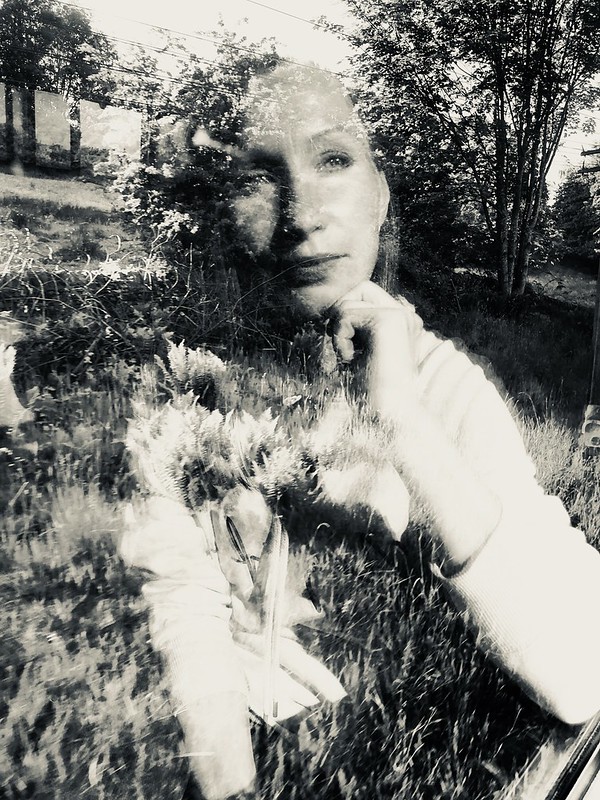When I first opened Wuthering Heights, I was given two responses. The first was from my mum, thrilled to see me finally reading the book that she somewhat named me after (I was named Catherine after my gran, but have always been nicknamed Cathy after Brontë’s heroine). The second response was characterised by a single phrase: “remember! You’re meant to hate them all.”
That is somewhat true. I couldn’t stand Ellen, Mr Lockwood, or Edgar. However, I couldn’t help but love Cathy. Yes, she is cruel, vindictive, and immature, but there is a vulnerability to her that goes rarely appreciated. She subverts kind and innocent expectations at every turn. When she is supposed to simper, she snarls. When she is meant to cry, she laughs. When she is expected to endure, she screams. That is what is so off-putting about her and the whole novel.
It isn’t that Cathy doesn’t want love, or babies, or a big showy wedding where everyone claims she is the most beautiful bride they have ever seen. She does want that. But that isn’t all she wants or even what she focuses on. What Cathy wants, above all, is to be understood. Heathcliff isn’t the love of her life, nor someone she expects to fawn over her. Heathcliff is the only person in the world that understands what Cathy is because, as she says, he is the same as her. Emily Brontë repeatedly highlights that Cathy’s love for Heathcliff is not easy, cute, or all that romantic. She claims that she is Heathcliff in all the ways she is also herself, that her love for him “resembles the eternal rocks beneath: a source of little visible delight, but necessary.”
Maybe this is what drew me, my mother, and so many women before us to this story. The desire to be understood by at least one person in the world has been used by artists probably since the beginning of time. Perhaps one of the most recent and notable entries to this canon is Phoebe Waller-Bridge’s Fleabag, where the main character laments that “either everyone feels like this just a little bit and they’re not talking about it, or I am completely fucking alone.”
Cathy, much like Fleabag, isn’t exactly sure what she wants or if she could be happy at all given the cards she has been dealt. When she says, “I wish I were a girl again, half savage and hardy and free,” I had the same reaction to hearing Phoebe Waller-Bridge utter, “I want someone to tell me what to wear every morning.” It’s visceral and heartbreaking. I can’t hate Cathy and I can’t hate Fleabag. When you aren’t their victims, you can see them as they are: deeply human.
Cathy is a scared girl who reacts to people sometimes like a feral dog: she is deeply wounded, doesn’t trust those around her, and wants someone to listen to her. Is that not understandable? Would you, too, not be cruel to someone that has called you needy or dramatic for being suicidal? To someone that has confined you to your bedroom and insists you love them despite not letting you go outside? Cathy lashes out, definitely, but ends up paying for it.
Or does she? Emily Bronte leaves the role of the supernatural open-ended in Wuthering Heights. My favourite answer is that, after her death, Cathy does get to stand on the moors again, hand in hand with Heathcliff. The two belong there, together, half of each other’s souls, buried next to each other with their ghosts looking over Wuthering Heights and the surrounding fields, a lasting testament to their angst. What is more teenage and eternal than that?
I finished Wuthering Heights, and I loved it. I hated many characters but I do not, and could not hate Cathy Earnshaw. Thanks, Mum, for (somewhat) naming me after her. I hope to never be locked in my bedroom (that probably had yellow wallpaper).
Image “Wuthering Heights” by sjpowermac is marked with CC0 1.0.

